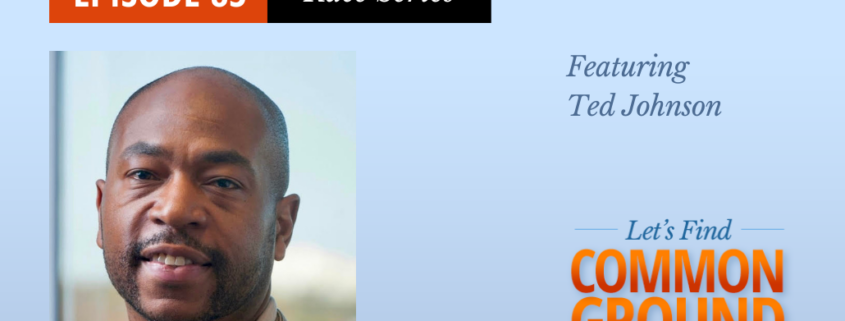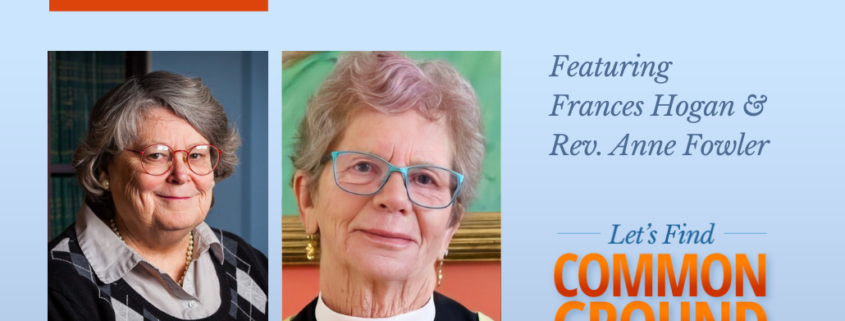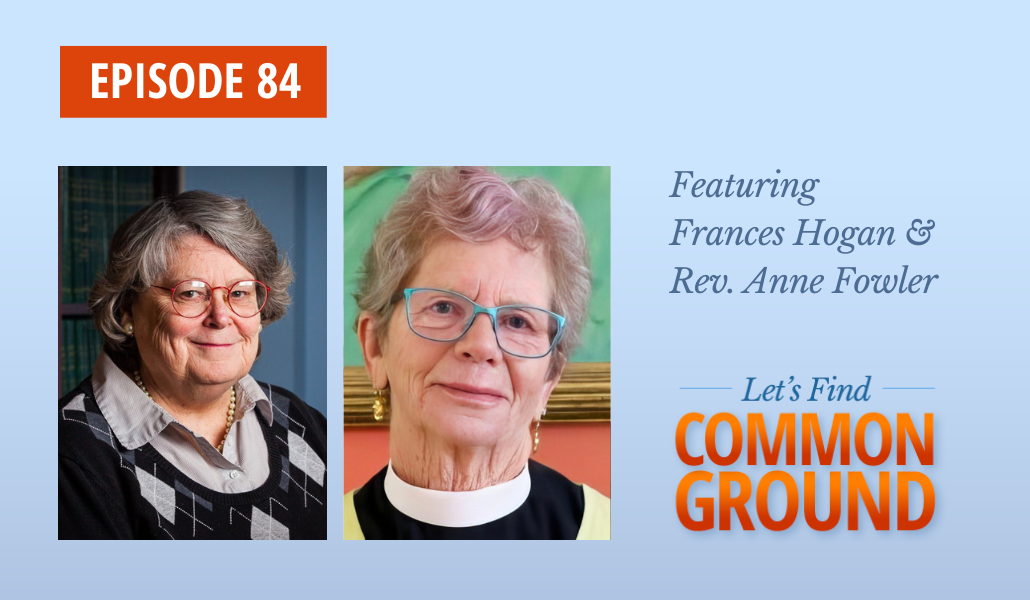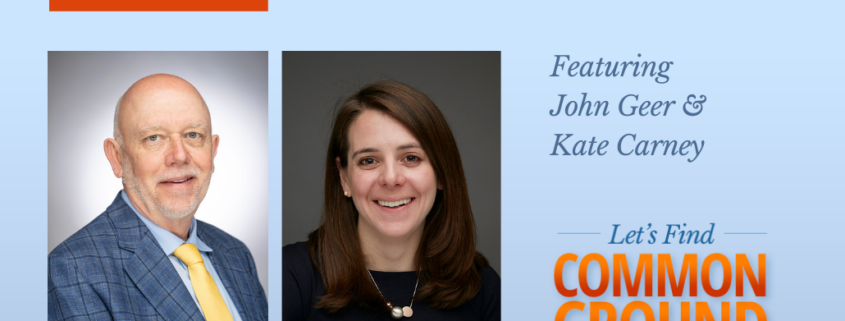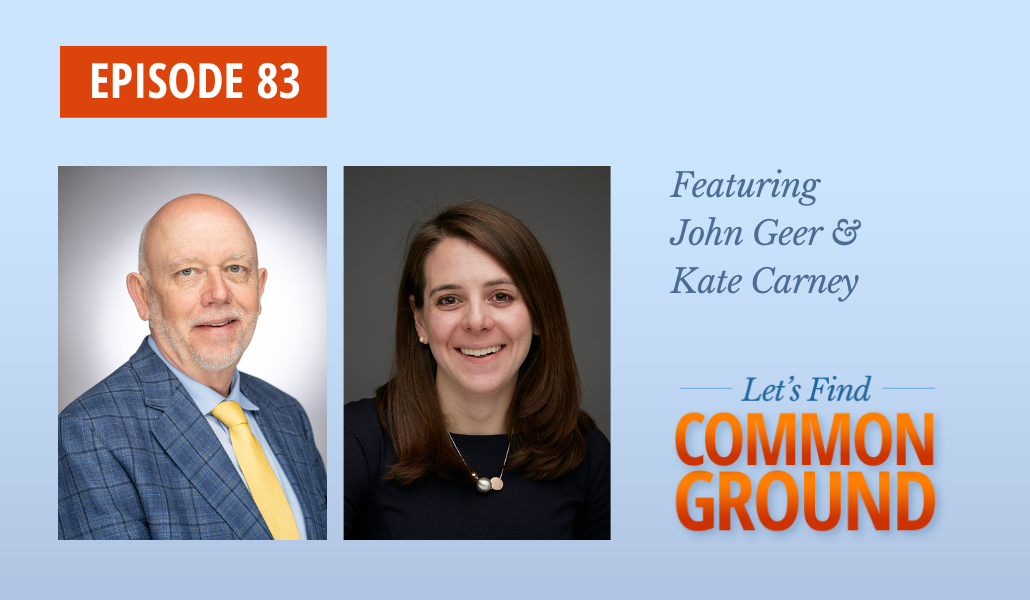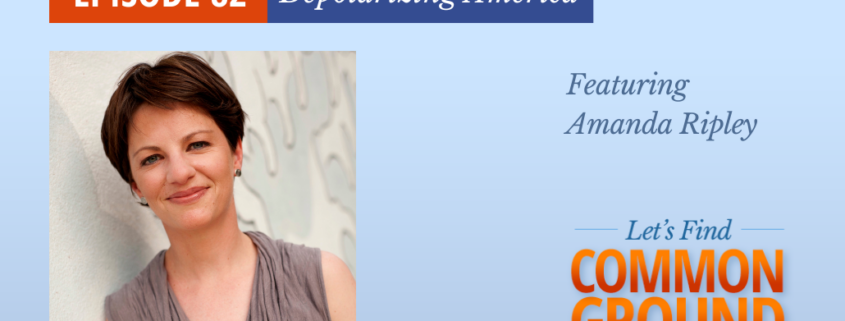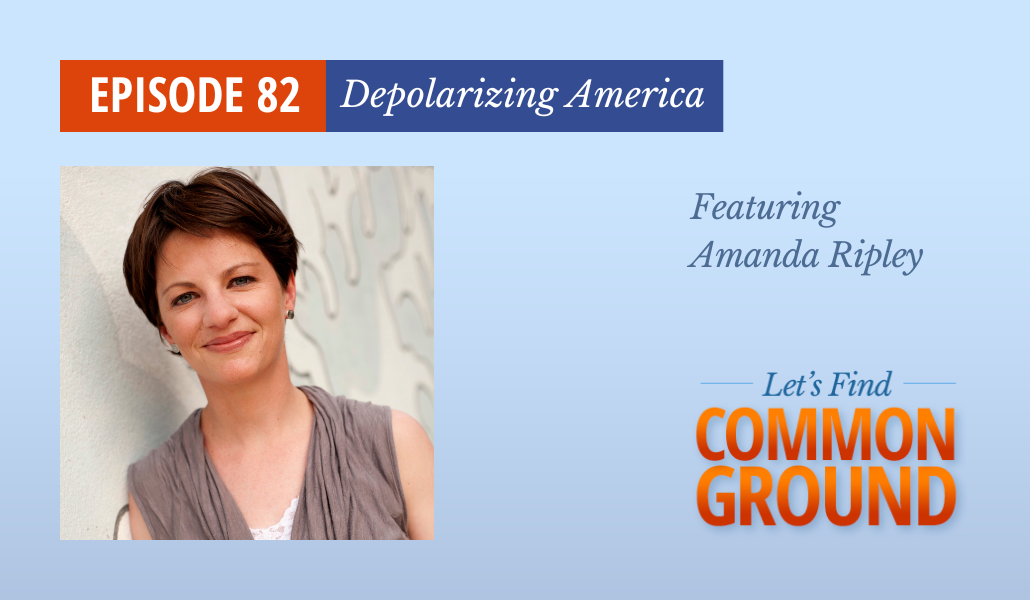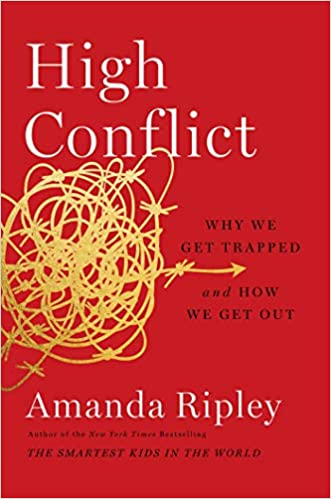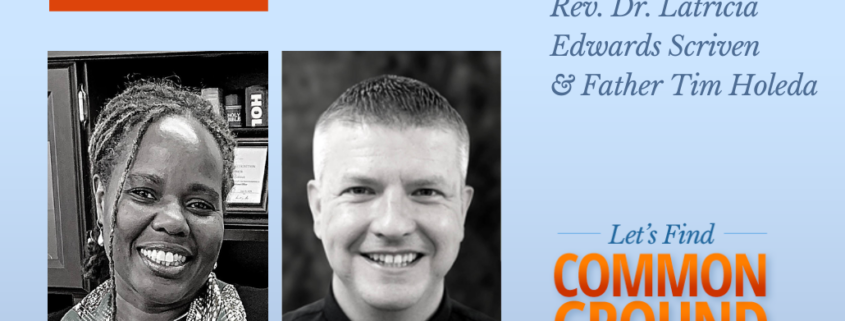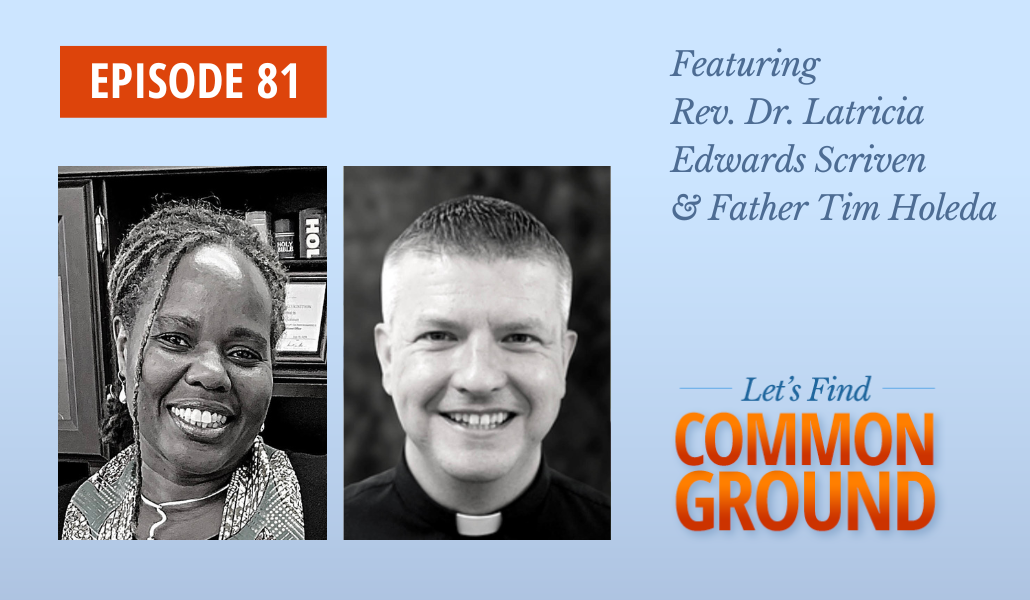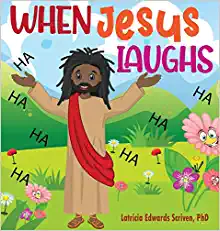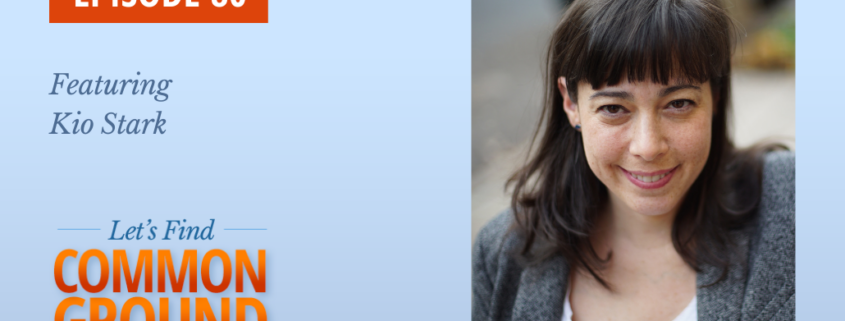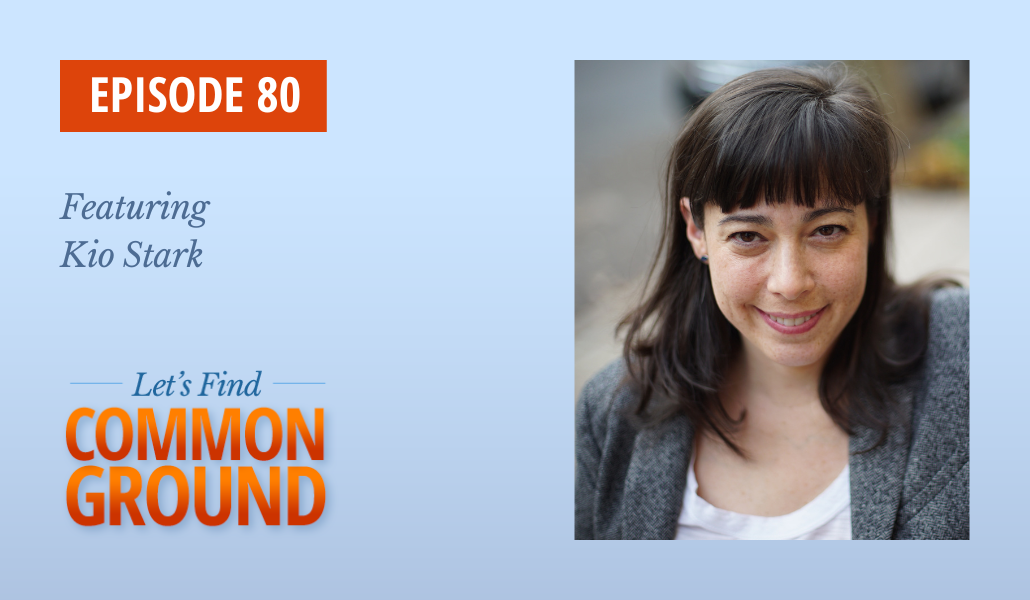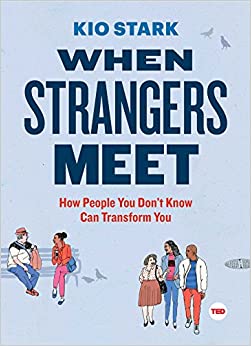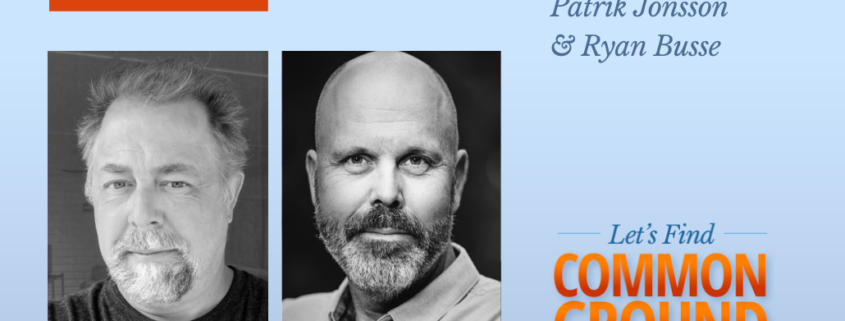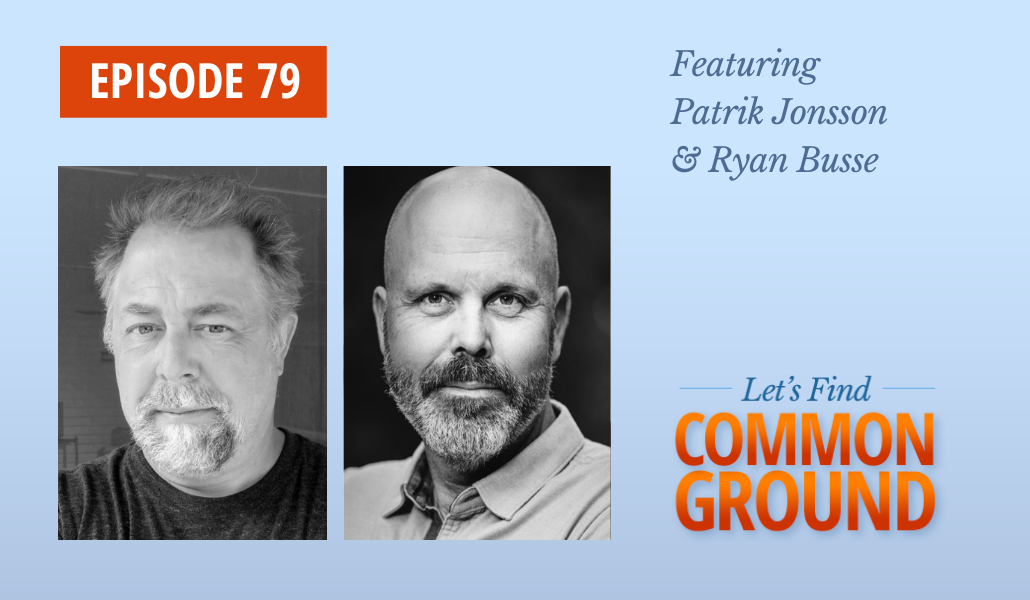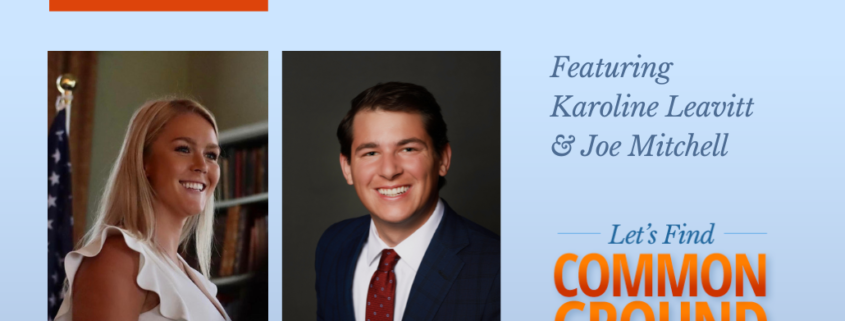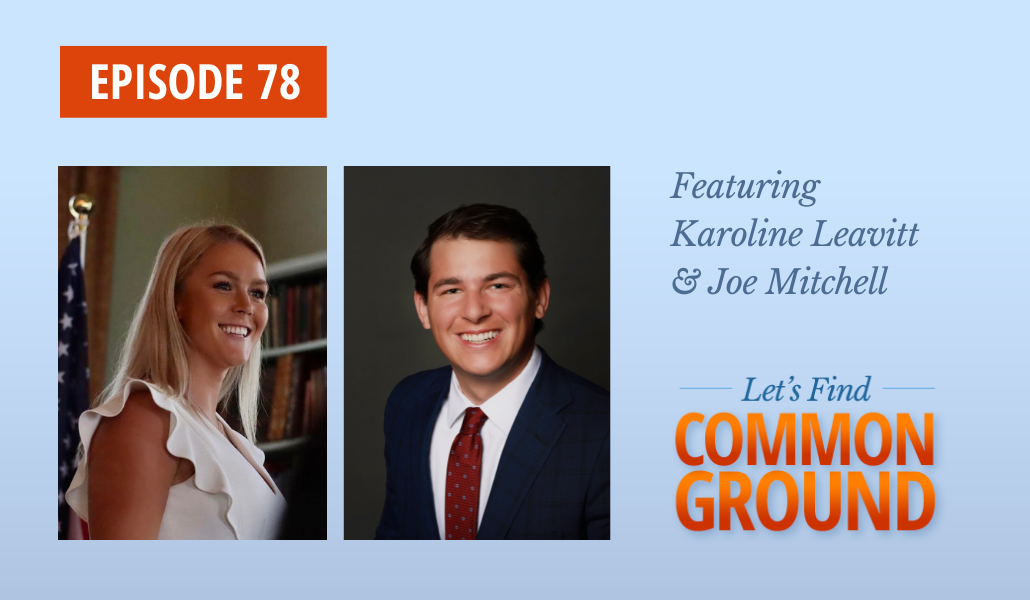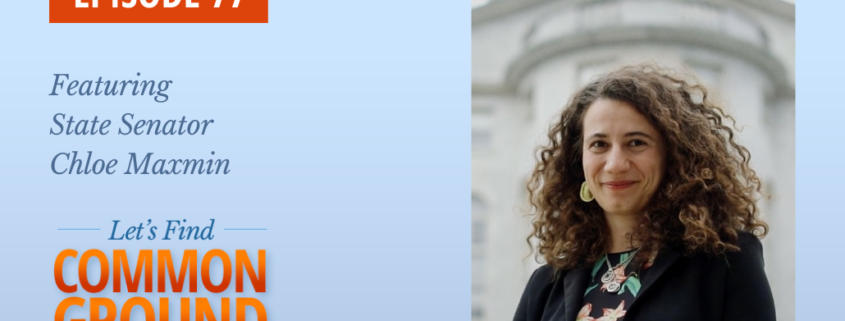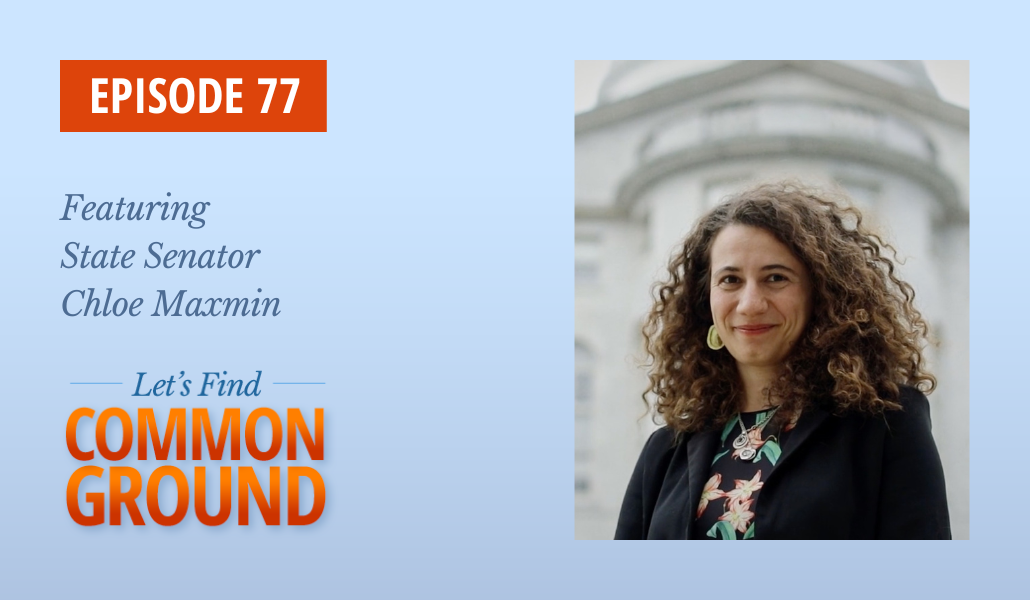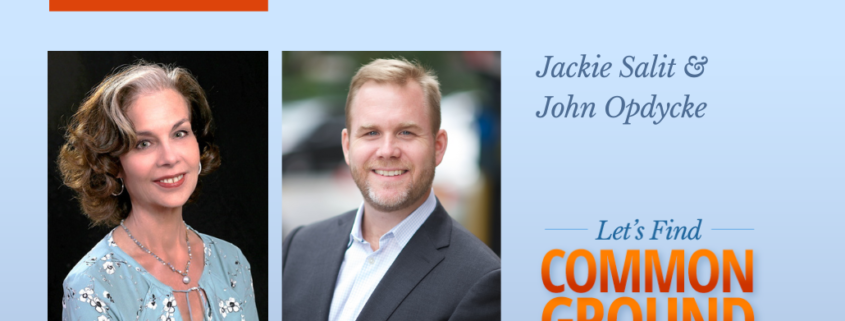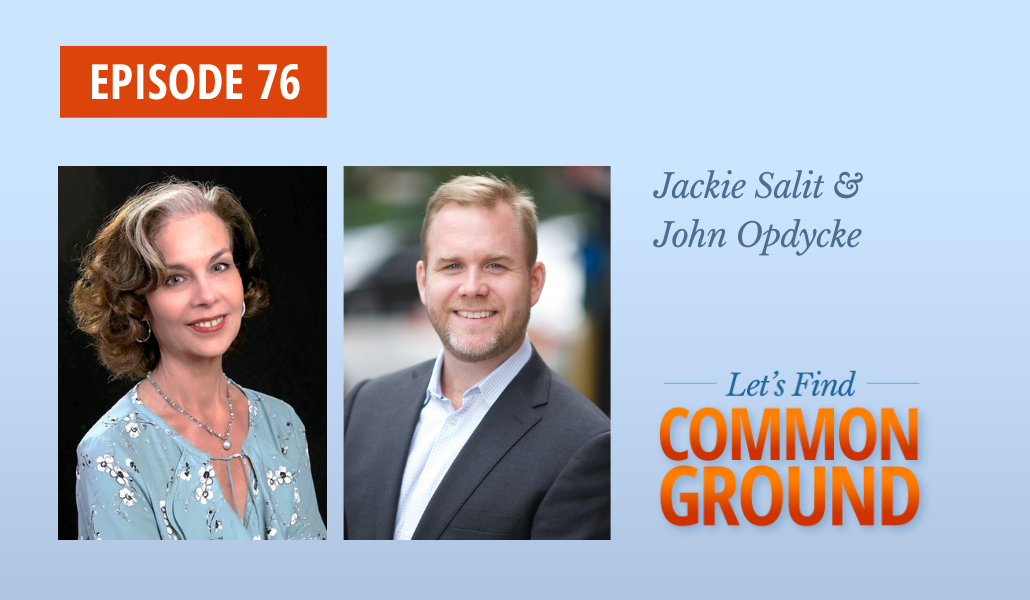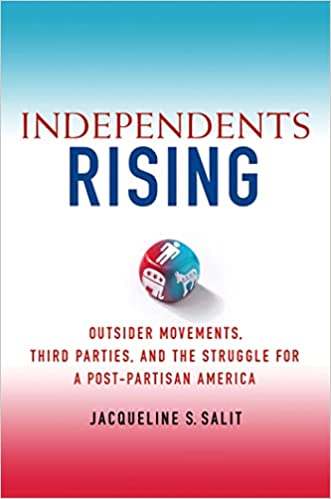Patriotism: Pride, Race and Reckoning
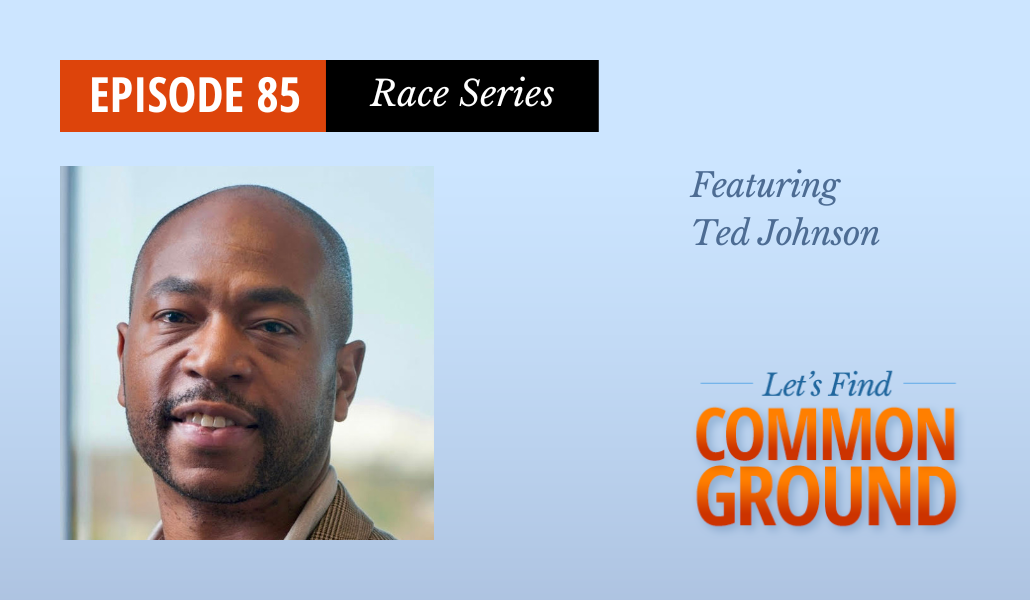
Subscribe to the Podcast
Navigating love, critique and national identity: a retired Navy commander explores the paradox of patriotism.
Memorial Day honors the men and women who sacrificed their lives in service to our country. In our next podcast episode, we discuss different ways to look at patriotism. Our guest, retired US naval officer and Washington Post newspaper columnist Theodore Johnson ponders the question, “How can we take pride in a nation with a history of injustice and inequality?”
At a high school football game, Johnson, who is African American, stood at attention when the national anthem was played. His teenage son, who was about to play in the game, took a knee in a protest against how he saw police treating African Americans. Johnson argues that both acts were expressions of patriotism and is proud of his son’s decision.
“For me, being a patriot is not about uncritical celebration and talking only about how exceptional we are and how great the country is,” Johnson tells us. “Being a true patriot requires that you both love the nation and critique it.” On this insightful episode of “Let’s Find Common Ground“, Theodore Johnson also discusses his thoughts for how America can have more productive and uplifting discussions about race.
Theodore (Ted) R. Johnson
Ted Johnson is a senior advisor, leading New America’s flagship US@250 initiative. Johnson’s research explores the role that race plays in electoral politics and its influence on the national narrative and the American identity.
A former New America National Fellow, Johnson is a retired U.S. Navy commander following a two-decade career that included service as a White House Fellow and speechwriter to the chairman of the Joint Chiefs of Staff. Prior to New America, Johnson was a senior fellow and senior director of the Fellows Program at the Brennan Center for Justice as well as a research manager at Deloitte.
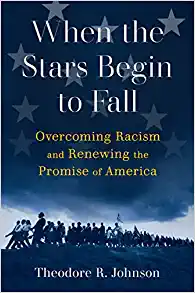
Johnson’s writing has appeared in the New York Times, Washington Post, National Review, and Atlantic, among other publications. Johnson is a columnist for The Washington Post and author of When the Stars Begin to Fall: Overcoming Racism and Renewing the Promise of America (Grove Atlantic, 2021). Johnson’s currently working on a book about race and American democracy’s first principles.
Johnson is a proud HBCU graduate, holding a BS in mathematics from Hampton University as well as an ALM with a concentration in international relations from Harvard University and a doctorate of law and policy from Northeastern University.
Want to hear more? Check out our podcast page to see all the discussions!

